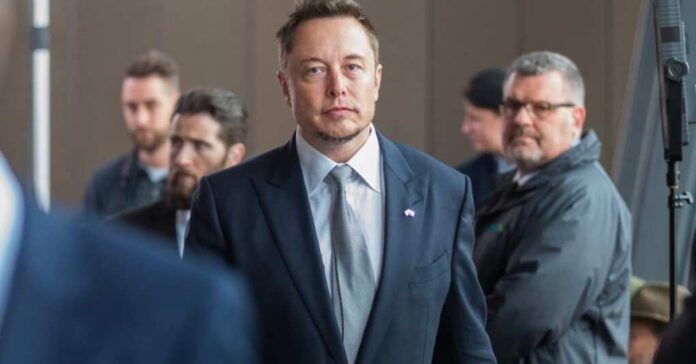
Artificial intelligence is heating up in 2024, with tech giants like OpenAI and Google pushing the boundaries of what AI can do. But in this high-stakes game, Elon Musk’s xAI is making a big splash, raising a whopping $6 billion to fuel its ambitions. Yet, Musk’s grim prediction that AI will take over human jobs looms over these advancements like a dark cloud.
On May 27, Musk’s xAI announced a massive $6 billion haul in a series B funding round, putting the company’s value at a staggering $24 billion. Major investment firms like Andreessen Horowitz, Sequoia Capital, and Kingdom Holding were crucial players in this round. The big money believes in Musk’s vision.
xAI’s journey began with the launch of its Grok-1 model on the X platform last November. Since then, they’ve rolled out even more advanced models, Grok-1.5 and Grok-1.5V. And the innovations don’t stop there—xAI promises more cutting-edge products in the coming months to bolster their AI offerings.
What’s Musk’s endgame? xAI is about creating ultra-realistic AI systems to benefit humanity while uncovering the universe’s most profound truths. Its mission appeals to those who dream big and think even more significant. Igor Babuschkin, Musk’s top AI researcher, shared the fundraising news on X, inviting like-minded individuals to join their quest to build Artificial General Intelligence (AGI) and explore the cosmos.
Let’s talk hardware. Musk revealed plans for a supercomputer with 100,000 Nvidia GPUs, which will be operational by next fall. This machine beast will train the upcoming Grok-2 and Grok-3 models, ensuring xAI stays ahead in the AI race. There’s even buzz about a collaboration with Oracle, although details remain under wraps.
Now, Musk’s predictions about AI are where things get interesting—and a bit unnerving. Speaking via video at the 2024 “Viva Technology” conference in Paris, Musk warned that humans might need brain-computer interfaces to keep up with AI’s rapid evolution. This dovetails with the goals of his Neuralink venture, which aims to enhance human brain function with chips.
Musk didn’t mince words about the competition, either. He criticized Google Gemini and OpenAI, accusing them of pandering to political correctness instead of seeking the truth. He illustrated his point with a controversial example: Google Gemini allegedly prioritized avoiding misgendering Caitlyn Jenner over preventing global thermonuclear warfare. Musk suggested this kind of skewed priority could lead to disastrous outcomes.
When it comes to AI safety, Musk is adamant that truth and logic must guide AI development. He cautioned against programming explicit morality into AI, which can be easily inverted to create harmful outcomes. Instead, he believes in grounding AI in the immutable laws of physics and logic.
Echoing Musk’s concerns, Japanese computer engineer Kiyohara Jin questioned the morality lagging behind AI development. He warned that rapid AI advancement could outpace human moral and ethical frameworks, potentially leading to a future where machines control humans.
Musk’s stance on AI has evolved. Once a vocal opponent of unchecked AI development, he acknowledges its potential to reshape society. He envisions a future where AI could lead to universal high income, eliminating the need for jobs as we know them. However, he also poses a chilling question: if AI does everything better than us, what’s the point of our existence?
Musk foresees AI as a transformative force in teaching, offering personalized and patient instruction. Yet, he worries about the influence of social media algorithms on young minds, urging parents to limit their children’s screen time.
Musk’s vision of AI’s impact on jobs aligns with Zack Kass, a former OpenAI executive. Both believe AI will become integral to daily life, reducing the need for human labor. OpenAI CEO Sam Altman has voiced similar concerns, highlighting the rapid socioeconomic changes AI could trigger.
However, not everyone shares Musk’s optimistic outlook. At a Brookings Institution conference, Altman expressed worries about the speed and magnitude of AI-driven changes. Japanese engineer Satoru Ogino echoed these sentiments, arguing that a life without work could erode the value of human existence and lead to new crises.
The rise of AI is also sparking job security fears among executives and employees. According to a survey by Microsoft and LinkedIn, 75% of employees use AI at work, yet more than half worry about AI taking their jobs. This fear has led to protests and strikes, particularly in industries like Hollywood, where AI threatens traditional roles.
